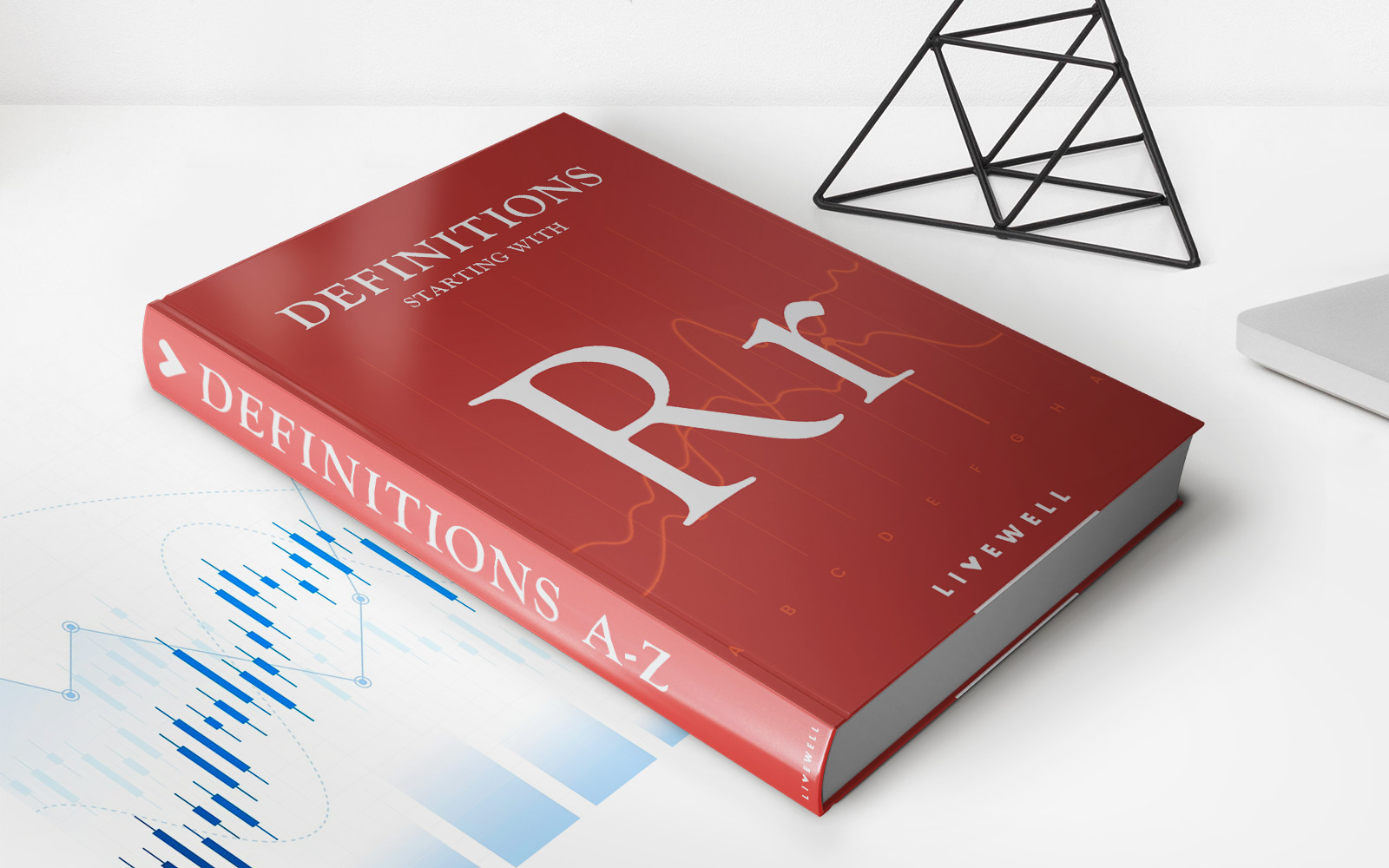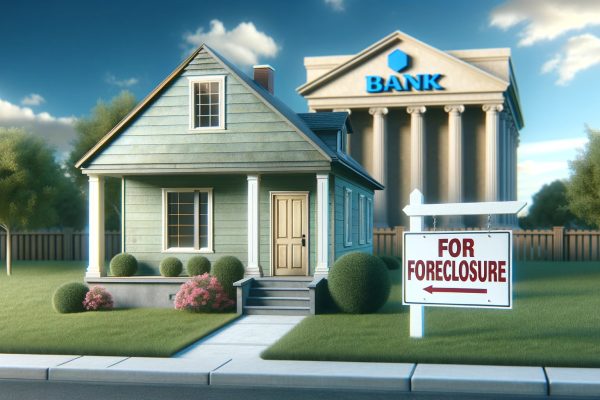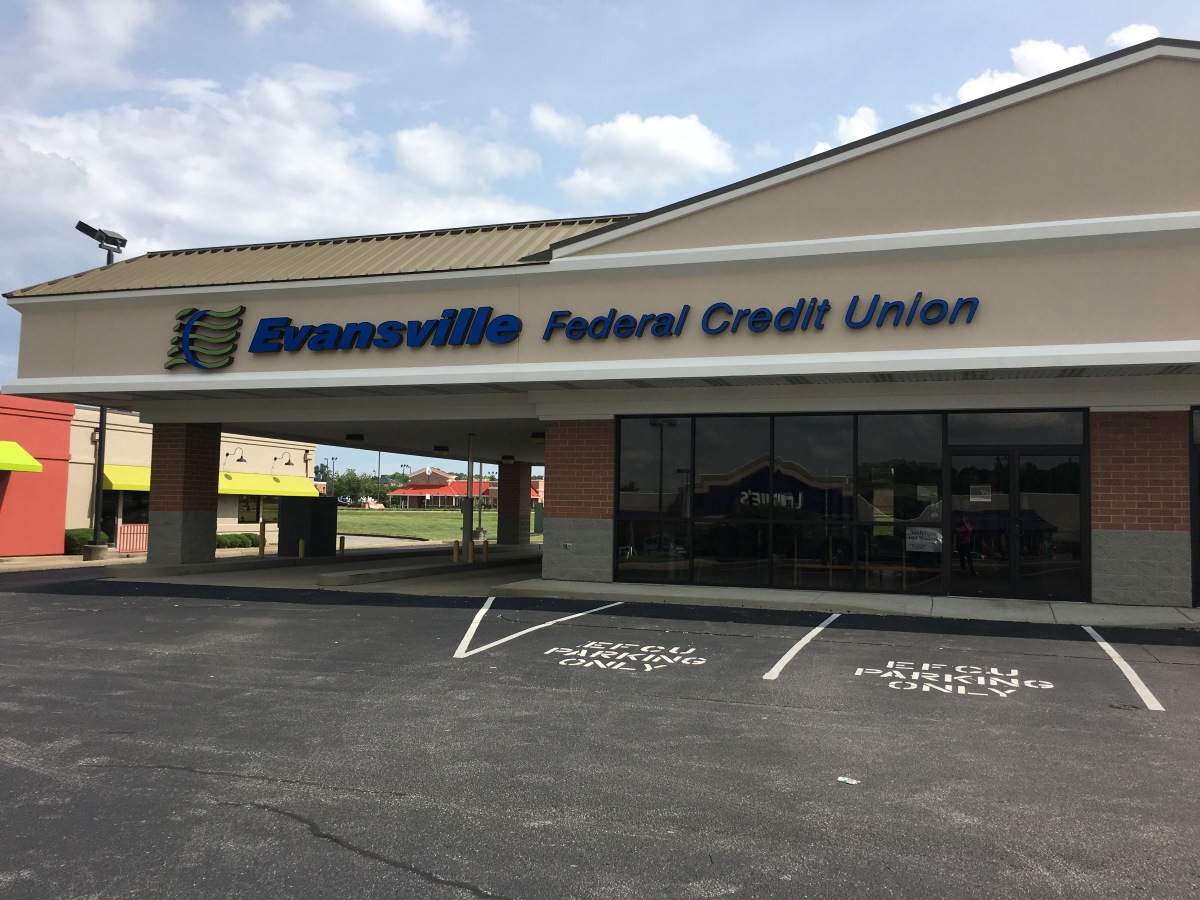

Finance
Foreclosure Crisis Definition
Published: November 26, 2023
Learn the definition of the foreclosure crisis and its impact on the finance industry. Explore the reasons behind foreclosures and how they affect homeowners and lenders.
(Many of the links in this article redirect to a specific reviewed product. Your purchase of these products through affiliate links helps to generate commission for LiveWell, at no extra cost. Learn more)
Understanding the Foreclosure Crisis: A Defining Moment in Finance
Welcome to our finance blog, where we delve into various topics to help you stay informed and make sound financial decisions. In today’s post, we will be exploring the foreclosure crisis, a significant event that had a profound impact on the financial landscape. So, what exactly is a foreclosure crisis? Let’s dive in and find out.
Key Takeaways
- A foreclosure crisis refers to a period of widespread mortgage loan defaults, resulting in a surge of foreclosed homes and distressed properties.
- It emerged as a consequence of factors such as lax lending practices, an economic downturn, and subprime mortgage loans.
During the foreclosure crisis, many homeowners experienced financial hardships, unable to keep up with their mortgage payments. This led to an unprecedented surge in foreclosed homes, causing economic and social turmoil. To better understand the impact of the crisis, let’s explore two key takeaways:
The Perfect Storm: Factors Contributing to the Foreclosure Crisis
The foreclosure crisis did not occur in isolation but was the result of multiple factors colliding. Here are some key factors that propelled this crisis:
- Lax Lending Practices: Prior to the crisis, lending standards became increasingly relaxed, with many financial institutions offering subprime mortgage loans without thoroughly assessing borrowers’ ability to repay.
- Economic Downturn: The economic recession of the late 2000s played a significant role in the foreclosure crisis. High unemployment rates and declining property values made it difficult for homeowners to sell or refinance their properties.
- Subprime Mortgage Loans: Subprime loans, with their lower credit standards, attracted borrowers who did not meet the traditional lending criteria. As interest rates rose and adjustable-rate mortgages reset, many homeowners found themselves facing unaffordable monthly payments.
The Aftermath: Impact and Lessons Learned
The foreclosure crisis had far-reaching consequences, which continue to shape the housing and financial markets today. Some of the noteworthy impacts include:
- Economic Instability: The crisis led to a severe recession and financial market instability, affecting not only homeowners but also financial institutions, investors, and the broader economy.
- Increased Foreclosure Rates: Foreclosures reached record levels, resulting in a surplus of distressed properties and a decline in property values.
- Tighter Lending Regulations: In response to the crisis, regulators implemented stricter lending standards, aiming to prevent a similar catastrophe in the future.
- Renewed Focus on Homeownership Education: The crisis highlighted the importance of homeownership education, empowering individuals to make informed decisions and avoid potential pitfalls.
Conclusion
The foreclosure crisis serves as a defining moment in the realm of finance, demonstrating the interconnectedness of various factors on the stability of the housing market and the economy as a whole. By understanding the causes and impacts of the crisis, individuals and policymakers alike can strive to make informed decisions that safeguard against future financial catastrophes.














